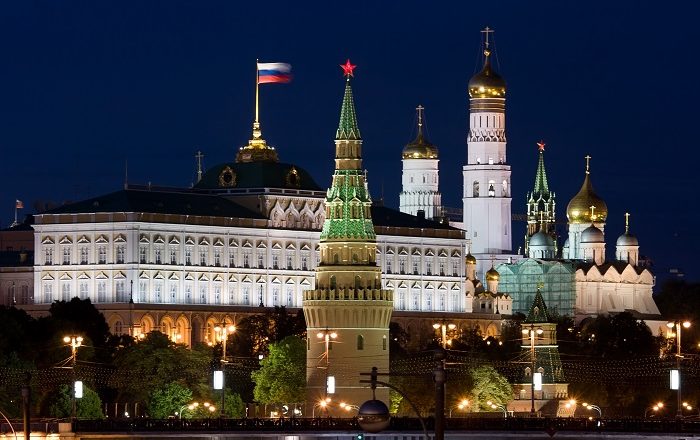A nation must think before it acts.
Following meetings with Ukrainian officials in Kiev early this month, the vice president of the European Commission, Maros Sefcovic, who holds the energy portfolio for the EU as a whole, laid out his vision for how the often contentious relationship between Ukraine, Russia and the EU ought to be structured. “Russia as an exporter, Ukraine as a transit country and the EU as the main importer,” he said. This pithy formulation also sums up Europe’s geo-economic approach for managing the Ukraine conflict.
Geopolitical strategies to keep the peace appear to be breaking down in Ukraine. An uptick in clashes and recriminations last month, along with yet another unannounced Russian military “snap exercise” on the Ukrainian border, raised fears that a new round of large-scale fighting was imminent. After Russian President Vladimir Putin accused the Ukrainian government of attempting to infiltrate “saboteurs” into Crimea, which Russia annexed in 2014, he announced that he would no longer meet within the framework of talks with Ukraine, France and Germany over eastern Ukraine—a diplomatic arrangement known as the Normandy format. But he did end up having bilateral meetings on Ukraine with German Chancellor Angela Merkel, French President Francois Hollande and U.S. President Barack Obama on the sidelines of the G-20 summit in Hangzhou, China. The Minsk Accords, which were supposed to provide a roadmap for a political settlement of the crisis, appear to be stuck in neutral.
Yet the conflict has remained limited in scope. While Western sanctions on Russia have had an unwelcome impact, they do not appear to be the primary deterrent to further Russian action. Instead, some European countries conclude that what keeps the conflict under control and relatively frozen are geo-economic realities.
Despite some degree of diversification, approximately half of Russia’s natural gas exports to Europe still flow through Ukraine. In turn, Ukraine depends on that gas flow for revenue, for its own domestic consumption—even if now it is resold and sent back from European sources—and for making Ukraine relevant to European energy security. This ties Ukraine and Russia together in a web of mutual dependence that acts as a brake on escalation.
Continued Reading, “How the EU Can Use Russia Energy Ties to Keep Ukraine Tensions in Check.”




